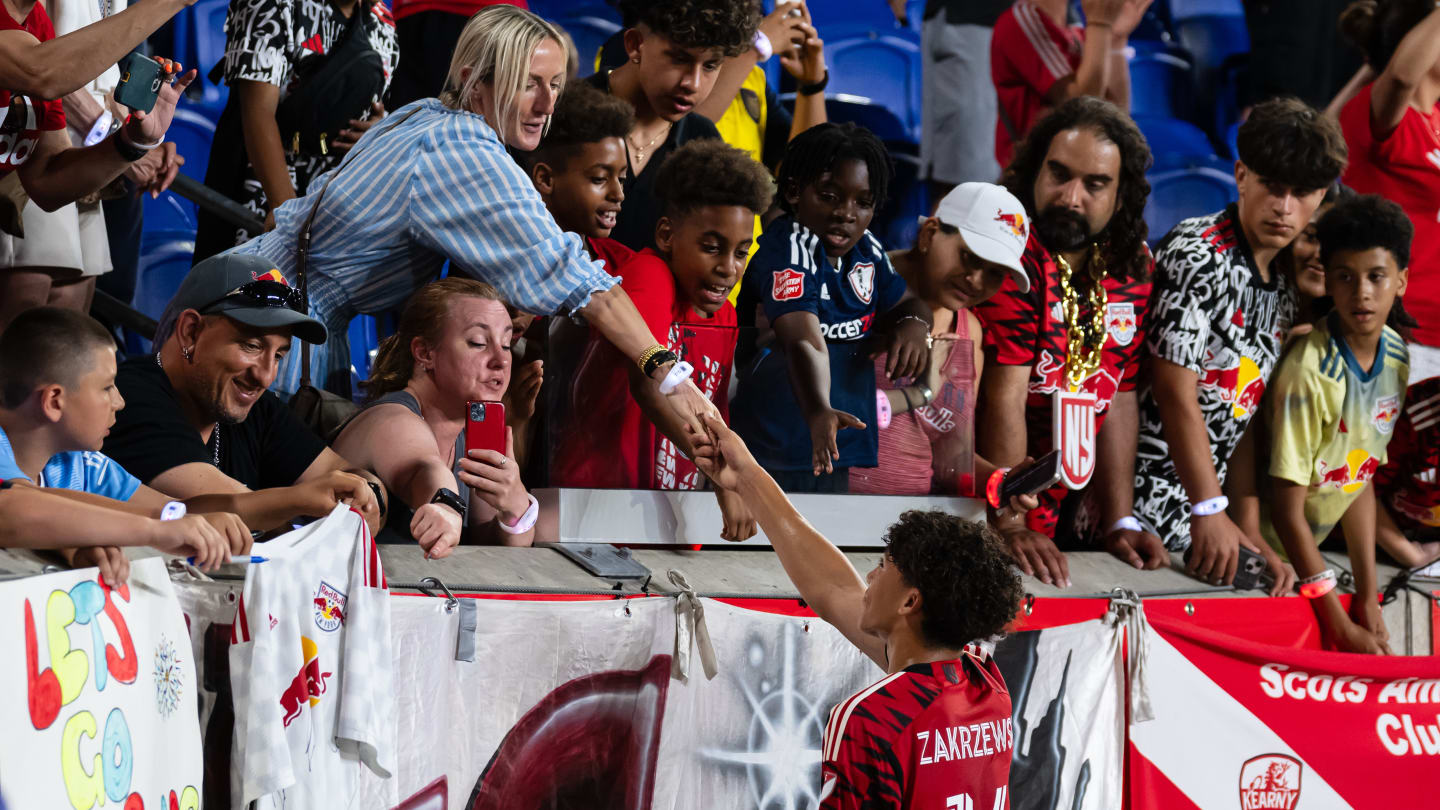It is wonderful how the eagerness for soccer can stir such excessive feelings. Main League Soccer (MLS) is a continuing goal of criticism, not only for on-field efficiency but additionally for the conduct of its followers off the sphere. And undoubtedly, Brazilians prime the listing of the most important haters of the soccer ecosystem in the US. It’s nearly a mortal sin for Brazilians to simply accept that Individuals may desire the NBA, MLB, and NFL over soccer, which they deal with as a faith.
Although soccer has grown significantly in the US over the previous three a long time, the criticism hasn’t stopped. For a lot of, MLS won’t ever be adequate. This insistence on belittling American soccer appears, at instances, extra like an excuse to gasoline previous prejudices somewhat than a good evaluation of the present scene.
Follow MLS Multiplex on X (Twitter).
Speaking to associates and colleagues within the press from different international locations, the story is similar: MLS isn’t taken critically. However is that this view truthful? Or is there one thing deeper on this judgment?
I get the impression that many foreigners, deep down, root towards MLS groups or the US nationwide staff (USMNT) simply to justify their very own prejudice towards soccer within the USA. It’s nearly as if American failure on this sport is a motive to have fun, an opportunity to vent all of the frustration amassed on social media.
What many don’t notice is that Individuals have a really wholesome relationship with sports activities. For them, soccer is simply another choice on an enormous sports activities menu. In the US, sports activities are inspired from an early age, built-in into schooling, reworking lives, and creating alternatives. Right here, sports activities and schooling go hand in hand, one thing many international locations, together with Brazil, may study from.
If there’s one factor I like about Individuals, it is the way in which they deal with soccer. Going to the stadium is a household exercise, a weekend outing the place associates collect for a barbecue within the car parking zone earlier than watching the sport. And if the staff loses? It is a part of the sport. There’s no despair, no violence. It’s a easy but highly effective idea: sports activities are leisure, a type of leisure, not a matter of life or dying.
Alternatively, in Brazil, the scenario may be very completely different. If a staff is in a foul part, it is a motive for followers to go wild. Violence, threats towards gamers, and extreme calls for are normalized by the press and society. This unbridled ardour typically crosses the bounds of frequent sense. It is extraordinarily harmful for households, youngsters, and the aged to continuously attend stadiums because of the rampant fan violence based mostly on the match final result.
Think about if Brazilians demanded accountability from their politicians with the identical depth they do from their soccer gamers! Simply assume! In the event that they handled the unsuitable choices of their leaders with the identical indignation they present when a staff loses a recreation, possibly the nation can be in a a lot better scenario.
And this obsession with soccer is not unique to Brazilians. In lots of international locations, soccer will get extra consideration than genuinely essential points like well being, security, schooling, and the financial system. In the meantime, Individuals are criticized for specializing in what actually issues and treating soccer, and even different sports activities, as mere leisure.
The expansion of soccer in the US is simple, and MLS has developed considerably. Nonetheless, the criticism continues. Possibly it’s time for these critics to rethink their ideas and study from the balanced method Individuals deal with sports activities. In any case, sports activities must be enjoyable, a wholesome ardour.
So, subsequent time somebody criticizes soccer in the US, it’s price reflecting on whether or not that opinion is rooted in previous prejudices and a distorted view of what sports activities ought to characterize.
